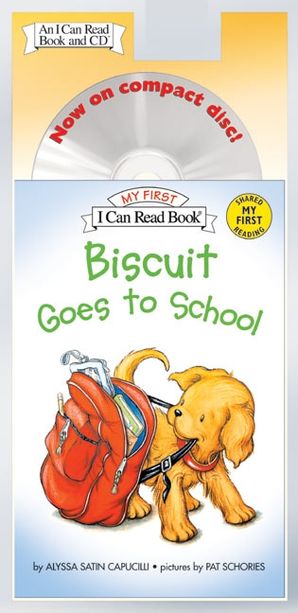

Satire is using humor to criticize public figures.Įxample: When Senator Jackson said “numbers don’t lie,” he forgot that his first name wasn’t “Numbers.” 9. Oxymoron is a figure of speech that uses two opposite words together.Įxample: The treaty led to a violent peace. allusionĪllusion is the act of casually referencing something, usually a work of popular culture.Įxample: Finishing his memoir was his white whale. onomatopoeiaĪn onomatopoeia is a word that imitates the sound it refers to.Įxample: The thunder boomed and the lightning crashed. Sometimes, analogies are considered to be a unique device that is a comparison that explains itself basically, a complex metaphor or long simile.Įxample: Life is like a box of chocolates: you never know what you are going to get. Metaphors and similes-more on them later-are usually considered to be types of analogies. analogyĪn analogy is a comparison between two similar things, typically using figurative language. alliterationĪlliteration is repeating the same or similar sounds at the beginning of words.Įxample: She sells seashells by the sea shore. hyperboleĪ hyperbole is an intentional exaggeration.Įxample: The plate exploded into a million pieces. metaphorĪ metaphor is a comparison in which something is said to figuratively be something else.Įxample: He was a wolf among sheep. Or review the terms below first so you can test what you’ve learned. We have a quick quiz for you if you want to see how far your knowledge of rhetorical devices goes. In this article, we’ll take a look at some of the most popular, effective, and interesting rhetorical devices that turn our words into award-winning speeches and writing. It is often said rhetorical devices are used to elicit a certain emotion via persuasion, whereas literary devices may be primarily used to enhance storytelling. They include formative techniques, like repetition or hyperbole, that accentuate certain elements of a work for the purpose of getting the reader’s attention, persuading them, or drawing out an emotional response. Often, rhetorical devices emphasize a specific language pattern, word, sentence structure, or rhyming pattern.
Biscuit books level 1 full#
Our comprehensive guide to literary devices is chock full of examples from masterful writers. To compare, rhetorical devices are often described as those elements that are incorporated intentionally to invoke responses in the reader, as well as influence the tone of a work.

Have you ever been so wrapped up in a story, book, song, or poem, that you just couldn’t walk away from it? If so, there’s a good chance the writer has mastered the art of using literary devices. A l iterary device is an element, like a metaphor, imagery, and others, that draws us into a story. Literary and rhetorical devices are sometimes discussed separately, but it’s important to note the relationship and occasional overlap between the two. Rhetorical devices make speeches more persuasive, writing more memorable, and are just what you need if you are trying to really take advantage of ethos, pathos, and logos. Rhetorical devices are effective tools that any writer or speaker can use to make their words more impactful to an audience. What worked for the ancient Greeks and Romans still works wonders today.

The ancient Romans greatly valued rhetoric as well and they continued to build on the Greek rhetorical traditions that came before them. The Greeks cultivated the art of rhetoric and many great philosophers, such as Plato and Aristotle, thoroughly studied it. While the concept of public speaking developed early around the world, much of what we know about the art of public speaking comes to English speakers from the ancient Greeks. What are rhetorical devices?Ī rhetorical device is typically defined as a technique or word construction that a speaker or writer uses to win an audience to their side, either while trying to persuade them to do something or trying to win an argument.Īs you are about to see, the majority of rhetorical devices have names that come from Greek or Latin. Thankfully, we can rely on the many, many rhetorical devices to give us a helping hand. For many, public speaking is one of the most terrifying things imaginable.


 0 kommentar(er)
0 kommentar(er)
